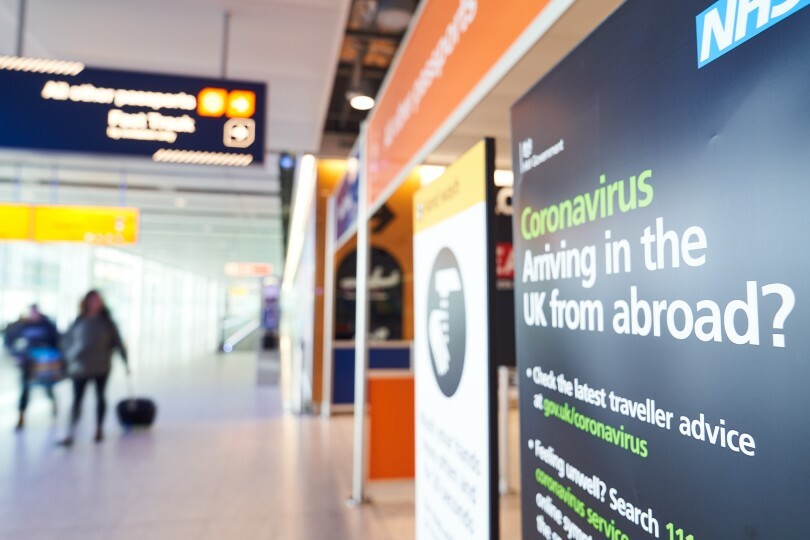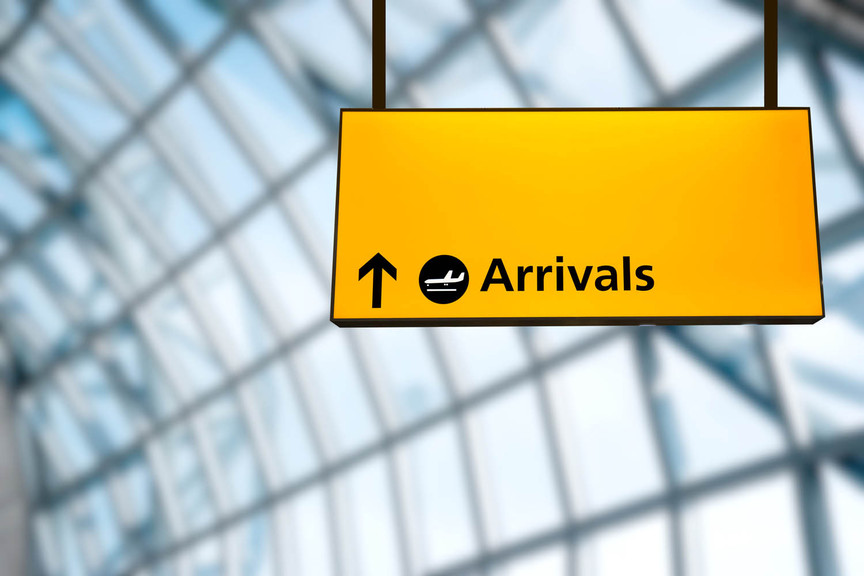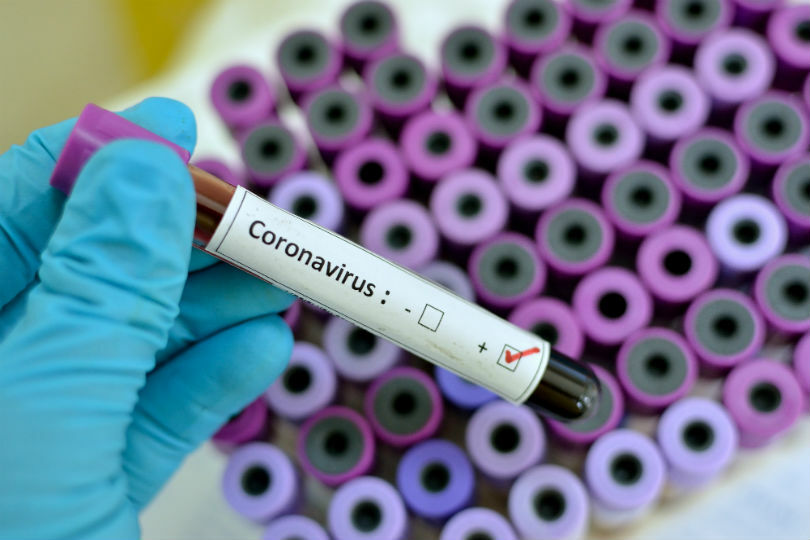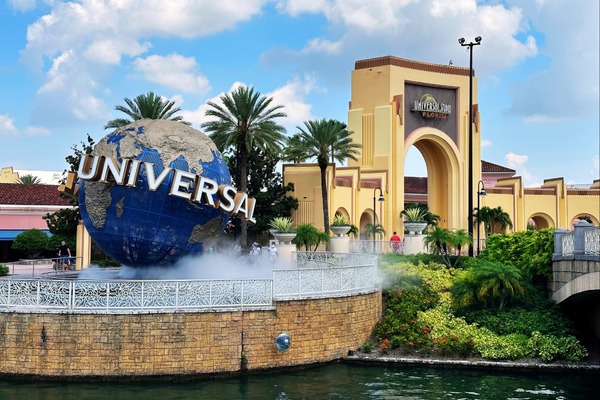Quarantine time to be slashed as 'test to release' scheme confirmed
 Tom Parry
Tom ParryA new government “test to release” scheme for passengers arriving into England will see the 14-day quarantine period slashed by up to two-thirds.
From 15 December, arrivals into England by plane, ferry or train from countries not featured on the government’s travel corridor list will have the option to take a test after five days of self-isolation, with a negative result releasing them from the need to isolate.
Passengers are advised to book their test before they travel from a private provider on a gov.uk suppliers list, which will be published before 15 December.
Using an NHS Test and Trace test will not legally permit anyone to be released from self-isolation.
Travellers must also complete a passenger locator form (PLF) and will still need to self-isolate for five days before taking a test – rather than taking it at their port of arrival.
Arrivals should mention they are taking a test on their PLF form prior to entering England and then go straight into self-isolation at home. If they choose to opt in after arrival, they will need to resubmit their form.
Passengers will then take a test on or after day five of their isolation period either at home or at a private provider’s testing site, and once they receive a negative result, can immediately stop self-isolating.
Those choosing not to take a test when arriving from a non-exempt country must follow the current self-isolation requirements of a full 14 days of quarantine.
Announcing the system, a statement from the Department for Transport said it “will give passengers the confidence to book international trips” knowing a shorter isolation period is possible.
Transport secretary Grant Shapps, said: “We have a plan in place to ensure that our route out of this pandemic is careful and balanced, allowing us to focus on what we can now do to bolster international travel while keeping the public safe.
“Our new testing strategy will allow us to travel more freely, see loved ones and drive international business.
“By giving people the choice to test on day five, we are also supporting the travel industry as it continues to rebuild out of the pandemic.”
The DfT said the scheme was “one outcome” of the government’s Global Travel Taskforce report recently presented to Prime Minister Boris Johnson, which also sets out a strategy to restarting the cruise industry.
The department added that government would continue to work with partners and representatives from transport industries on other recommendations featured in the report – including pre-departure testing trials with partner countries on a bilateral basis.
Having previously voiced its scepticism for testing upon arrival, the government said its “test to release” system would provide “materially better results” than testing straight after entering the country, as it allowed time for Covid to incubate within an infected person - helping reduce the risk of a false negative result.
The DfT referenced policy shifts from Germany and Iceland in which the countries changed from a test on arrival approach to an isolate and test system "due to testing capacity and levels of imported cases".
Health secretary Matt Hancock said: “Ensuring that safe travel is possible has been a priority for the Global Travel Taskforce. This test on day five of the 14-day self-isolation period will identify positive coronavirus cases and allow those who test negative to return to work and see their loved ones while abiding by domestic coronavirus restrictions.
“This will be done at the cost of the traveller to protect the capacity of NHS Test and Trace and ensure that any UK resident who has symptoms is able to get a test.”
Sign up for weekday travel news and analysis straight to your inbox

Tom Parry
Supplier Directory
Find contacts for 260+ travel suppliers. Type name, company or destination.














